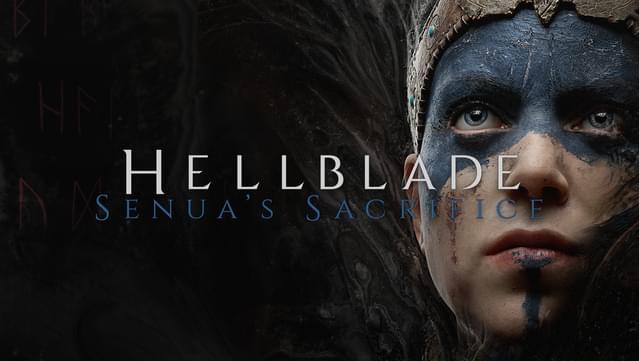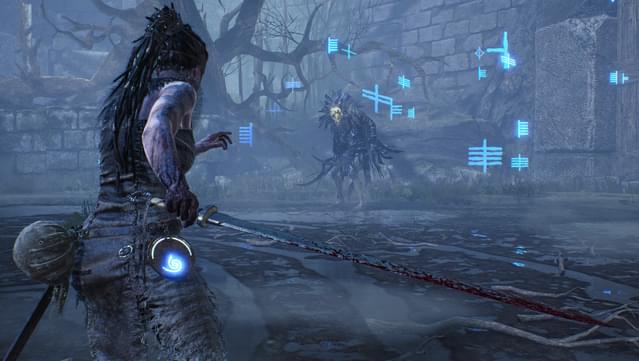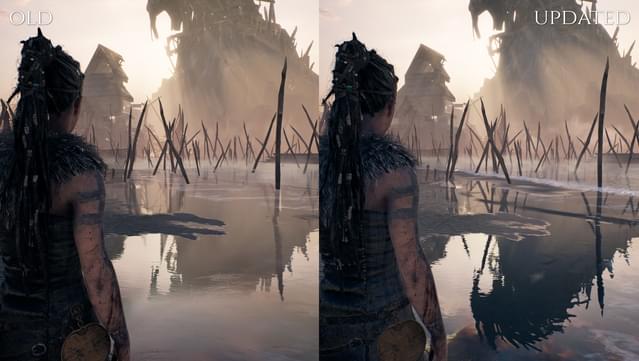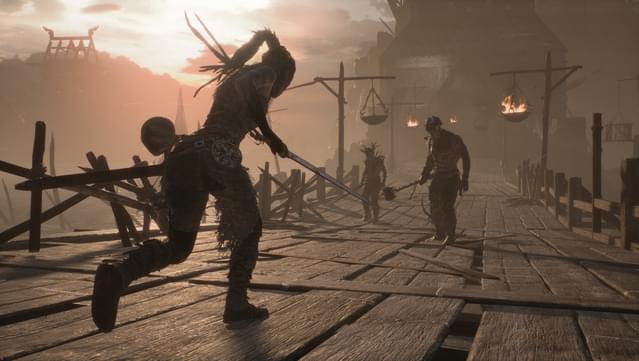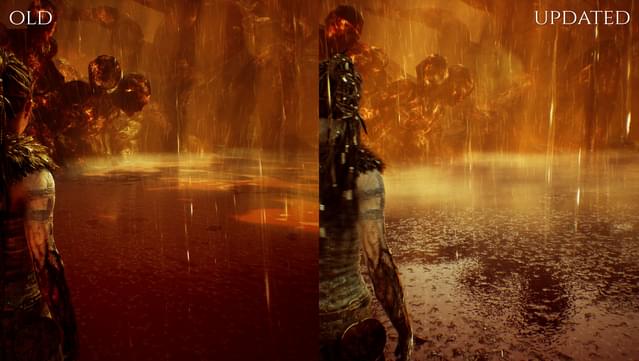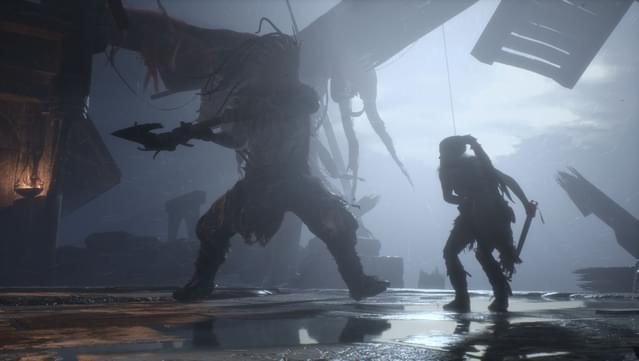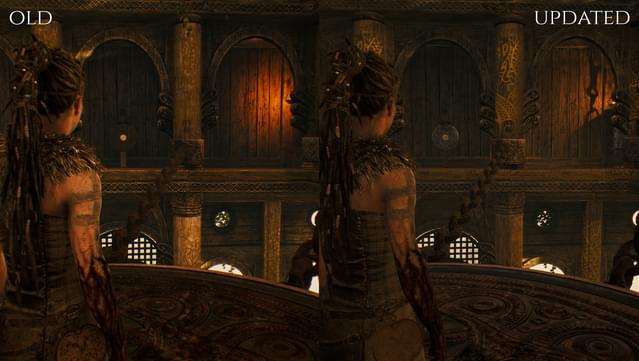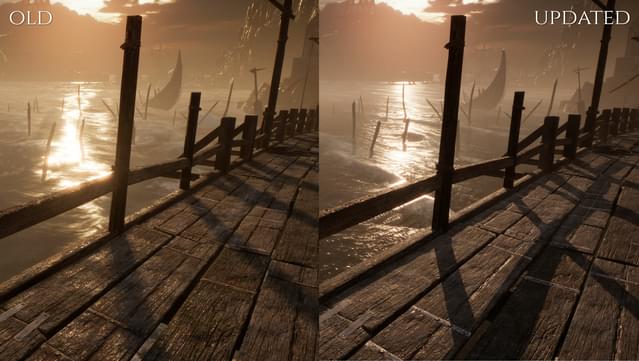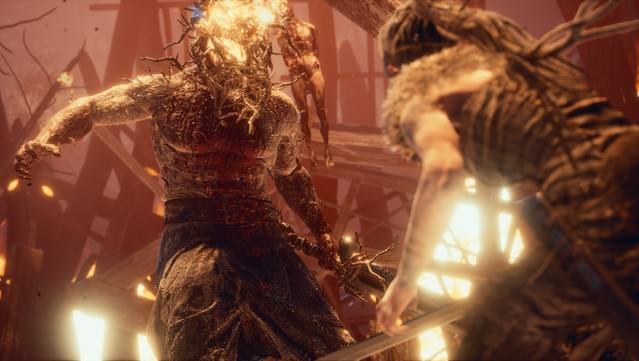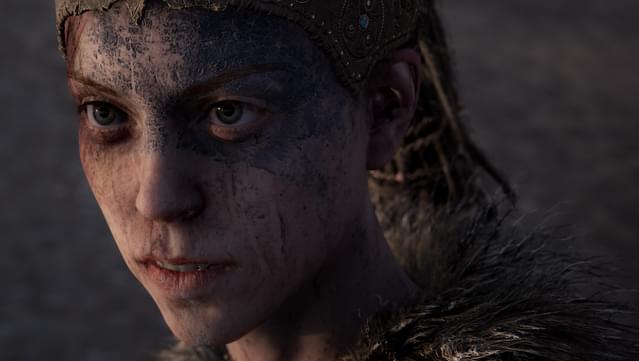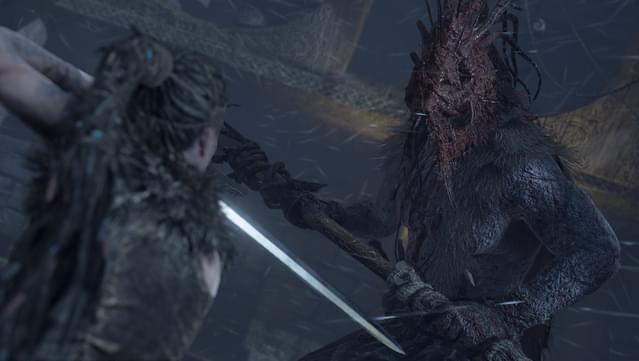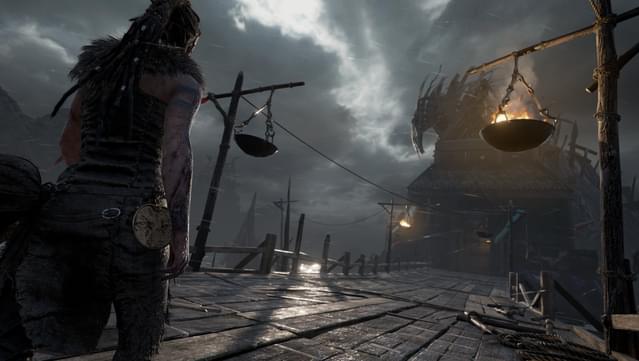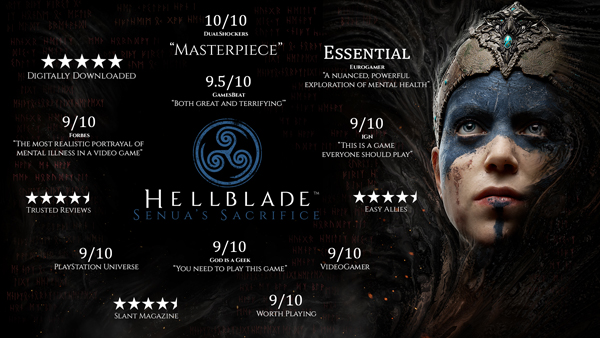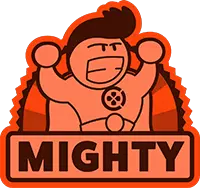Posted on: August 17, 2017

Igraine
Games: Reviews: 38
Mechanics sacrificed for immersion
The story is straightforward (that's a strength), and masterfully delivered. The mental health issues are quite believable, well-presented and visceral; playing the game feels emotionally difficult - again, a strength if this is what you want. The mental health specialists they consulted certainly did a good job. Senua is both simple and complex, acts with and without reason, but is always believable. The Norse mythology is also accurate - if not detailed - , and generally presents the dominant academic interpretation. Besides storytelling, the game has long walking sections, long walking puzzle-solving and short combat encounters. The combat is basic, with moderately accurate feedback, but gets the job done. It is helped by the fact that The Voices give tactical advice - good and bad, but the useful information is mostly discernible. The walking controls and camera, however, are simply abysmal. Turning is sluggish, and the camera is stuck, aimed at the back of the character's head, zoomed in. You can't see below the character's waist. There is method to this madness - it does help immersion greatly, by portraying both the character's restricted point of view and giving a feel to her helplessness. However - bad controls are still bad controls, and these are exceptionally poor. Also, the game doesn't have multiple save slots. Every failure is counted and, after failing too many times, the game will have to be restarted (Ironman). Not having an option for this is, again, immersive and, again, mechanically poor. In conclusion, Hellblade: Senua's Sacrifice follows its goals with singleminded devotion, sacrificing the game part for the experience. And it's an amazing experience. It's quite clear-cut: if you don't care for the poor state of the game mechanics, and are fine with the emotional effort in playing the game, you will likely have an outstanding time. Otherwise, steer clear.
Is this helpful to you?

